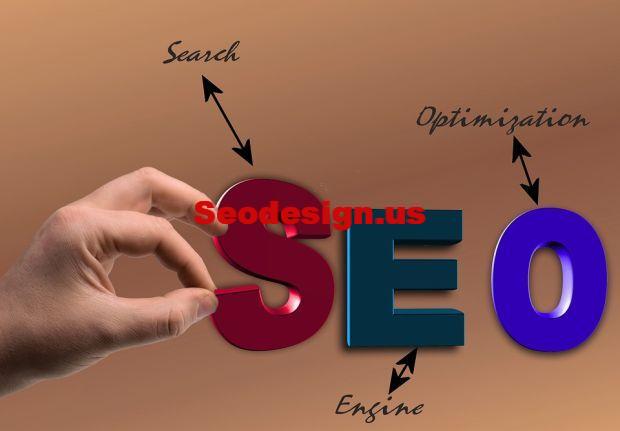If you run a small business or startup, then you probably roll your eyes any time you see someone discuss SEO strategies. After all, you don’t have the time or money to invest in the long-term strategies they’re suggesting. But to write it off as a waste of your time would be foolish. SEO – as challenging as it may be for small businesses to master – is worth pursuing.

SEO for Small Businesses
In order to understand the role and utility of SEO for small businesses, it’s important to refresh yourself on what SEO is, how it works, and why it matters. It’s also helpful to recognize Pay Per Click (PPC) advertising and the relationship it shares with SEO.
In raw form, SEO is the act of optimizing a website so that it’s more search-friendly. It involves a variety of techniques and focuses – including link building, keyword optimization, and page structure – that work together to signal authority and relevance to search engine algorithms.
PPC is the process of purchasing advertisements and sponsored links directly from search engines – such as Google or Bing. With this strategy, you’re essentially bidding on the right to appear at the top of the search results for preselected keywords. The higher you pay, the more likely it is that you’ll rank.
While PPC strategies are wildly successful for some brands, most small businesses are operating on a smaller budget that makes spending thousands on paid advertising impractical. Furthermore, PPC strategies only work for as long as you fund them. As soon as you stop paying, you no longer get visibility.
“Although an organic SEO campaign will take longer to see results, the Search Engine Marketing Professionals Organization, SEMPO, estimates that 11% of advertising dollars are spent on organic search, versus 87% spent on PPC. That’s $1 billion spent on SEO as opposed to $10 billion spent on PPC,” Clickx co-founder Solomon Thimothy explains. “Considering how much more effective organic search can be, and how much cheaper it is to employ in a marketing campaign, it is almost always the better long-term option.”
With 71.33 percent of searches resulting in a page one organic click, SEO is the way to go. It requires a huge time commitment, but the effects are much more sustainable than an artificially inflated PPC strategy that requires you to continue feeding it money.
Make a Long-Term Commitment
When you look at direct, referral, display, and social traffic sources, organic search – a.k.a. SEO – gets more traffic and more sales than all of these sources collectively.
“Given this is how most buying decisions start, SEO has the potential to generate more traffic and more sales than every other marketing channel combined,” Bambrick Media notes. “Online visibility is crucial to business success. Without a strong online presence, a business or company of any size won’t reach its fullest potential.”
Though it isn’t easy, an SEO strategy is integral to small business success in an online world. And in order to thrive, you’ll need to focus on three essential elements:
- Technical SEO. The hardest part of SEO for small businesses that lack expertise, technical SEO refers to the structural elements that work behind the scenes. Issues that commonly affect small businesses include crawl errors, page indexing, URL redirects, page speed, and mobile friendliness. Conducting regular web audits can help identify these issues so that they can be corrected.
- On-page SEO. A website’s on-page SEO refers to things like site architecture, content, and keywords. The goal here is to show the search engines that your site is authoritative and relevant.
- Off-page SEO. Finally, there’s off-page SEO. This is the element that gets the most discussion. It’s where link building, guest blogging, social media, and other offsite techniques come into play. And though it’s easy to become overwhelmed by all of the off-page demands, a slow and steady approach will do wonders for you.
With each of these elements, be sure to avoid quick, gimmicky strategies. There are lots of black hat schemes circulating online and they’re generally targeted at small businesses looking to save a few bucks. If a strategy appears too good to be true, it probably is. Stick with the fundamentals and make a long-term investment in sustainable SEO that propels your web pages to the top of the rankings year after year.





